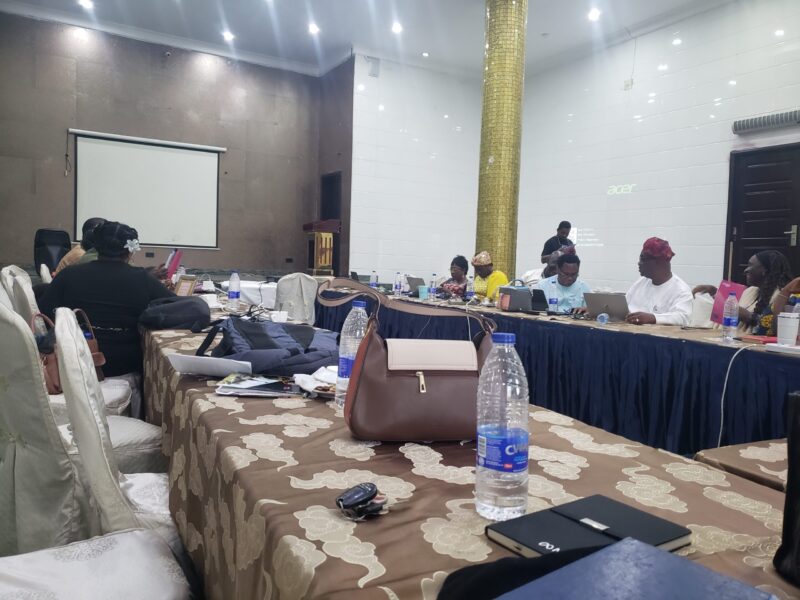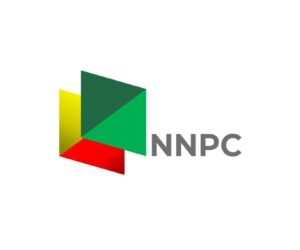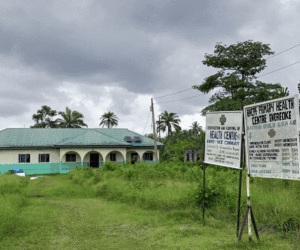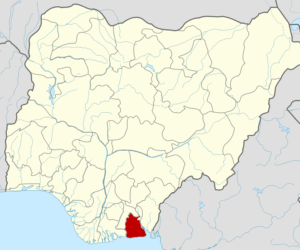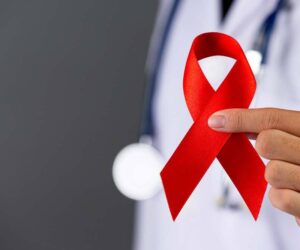A new accountability report has shown that an estimated 1.5 million people in key populations could lose access to lifesaving prevention and support services as the country’s HIV response enters a dangerous phase following the US government’s funding freeze.
The report, developed and launched by Education as a Vaccine (EVA) on Friday at the Government–CSO Dialogue on HIV Transition and Sustainability in Abuja, paints a picture of declining prevention indicators, widespread service disruption and systemic weaknesses across the country.
The report presented by Phillip Idoko, Senior Programme Officer at EVA, shows that before the freeze, 87 per cent of Nigeria’s HIV budget depended on US government support.
Now, with a significant portion of that funding halted, service gaps have widened across states with a warning that without urgent action, Nigeria risks a new AIDS emergency.
US aid suspension
The US attempt at a cost-cutting initiative earlier in the year led to the temporary suspension of foreign aid and disrupted key global health programmes such as the US President’s Emergency Plan for AIDS Relief (PEPFAR).
PEPFAR is a federal programme that provides funding for HIV treatment in Nigeria and many other developing countries.
Funding provided by the initiative supports everything from antiretroviral drug provision to testing, counselling, and health worker training.
The implementation of the US funding cuts drastically affected HIV care in Nigeria. It disrupted drug supply chains, delayed routine services, and created uncertainty among healthcare workers and patients who rely heavily on PEPFAR-supported programmes for consistent treatment and support.
Although PEPFAR was issued a limited waiver, which allowed it to carry out some services, the situation has been fluid since the suspension of aid.
Over the years, PEPFAR has contributed over $6 billion to support Nigeria’s national HIV/AIDS response.
Multiple service points shut down nationwide
According to the report, more than 80 one stop shops that provided specialised, community friendly HIV services have been disrupted across the country.
These centres previously served key populations, including men who have sex with men, sex workers, transgender people, young people and other marginalised groups.
Mr Idoko said the shutdown of these safe spaces has fractured long standing relationships between providers and communities.
“Community based providers of services have been withdrawn from many locations, shattering long used relationships,” he said.
Prevention gains reverse as PrEP use crashes
According to the report, Pre-exposure Prophylaxis (PrEP) use has fallen from 43,000 users in November 2024 to fewer than 6,000 by April 2025.
Mr Idoko said this demonstrates a clear reversal of prevention gains.
He added that restrictions introduced during the funding freeze excluded most key populations from PrEP access in 33 states.
Preventive services for adolescents and young people have also been halted, including youth support systems like Operation Triple Zero and access to condoms and lubricants.
Speaking on the funding freeze, Ezinne Oke-Uchendu, Deputy Director and co lead for HIV prevention at the National Agency for the Control of AIDS (NACA), said the US stop work order disrupted interventions across community levels.
Ms Oke-uchendu noted that the dialogue provided an opportunity to review the disruptions and validate evidence from CSO assessments
“A lot of our partners were affected and work at different community levels was also affected,” she said.
She added that CSOs are expected to align with national guidelines, including the newly finalised National Prevention Plan and population specific guidelines for key populations and general populations.
ALSO READ: Ihedioha to sanction Imo health workers charging fees for HIV services
She also said recommendations from the CSO report, including a push to reduce the age of consent for HIV testing, had already started yielding policy changes.
“One of the recommendations was to reduce the age of consent. While we were in this meeting, we got information that that has been approved,” she said.
Need for training, integration and social contracting
Mr Idoko said dwindling donor funding means services must be fully integrated into public facilities and requires training general health workers to provide stigma free services to key populations.
“Services need to be integrated. Government needs to work more with healthcare providers in generalised facilities to provide specialised services to key populations,” he said.
He also called for the absorption of trained community service providers into the public health system and stronger protection for people facing discrimination.
Speaking on increase in government commitment, he said civil society remains central to accountability and must continue to pressure government for timely funding releases and policy reforms.
“Our call to action is for prevention not to be thrown under the carpet. Government needs to step up, fund prevention programmes, HIV testing services and ensure people have access to new prevention commodities.”
Mr Idoko added that treatment commitments are important but cannot replace comprehensive prevention.

